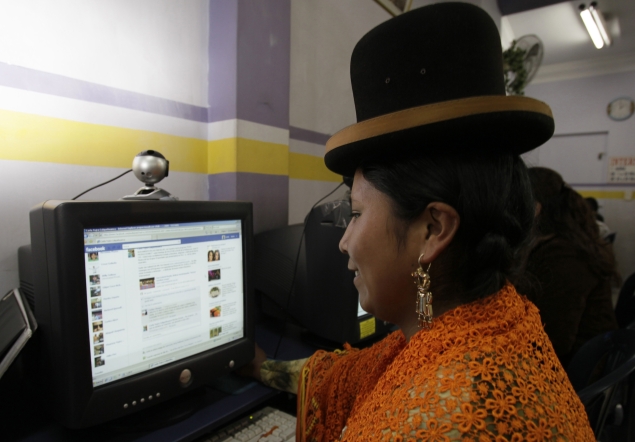- Home
- Internet
- Internet News
- E Learning Can Help Create More Health Professionals: WHO Study
E-Learning Can Help Create More Health Professionals: WHO Study

Students acquire knowledge and skills through online and offline e-learning as well as or better than they do through traditional teaching, showed the findings of the study commissioned by the World Health Organization (WHO) and carried out by Imperial College London.
"E-learning programmes could potentially help address the shortage of healthcare workers by enabling greater access to education, especially in the developing world," said Josip Car from Imperial College London.
According to a recent WHO report, the world is short of 7.2 million healthcare professionals, and the figure is growing.
For the study, the researchers carried out a systematic review of the scientific literature to evaluate the effectiveness of e-learning for undergraduate health professional education.
They conducted separate analysis looking at online learning, requiring an Internet connection, and offline learning.
Combining e-Learning with traditional teaching might be more suitable for healthcare training than courses that rely fully on e-learning because of the need to acquire practical skills, the authors suggested.Catch the latest from the Consumer Electronics Show on Gadgets 360, at our CES 2026 hub.
Related Stories
- Samsung Galaxy Unpacked 2025
- ChatGPT
- Redmi Note 14 Pro+
- iPhone 16
- Apple Vision Pro
- Oneplus 12
- OnePlus Nord CE 3 Lite 5G
- iPhone 13
- Xiaomi 14 Pro
- Oppo Find N3
- Tecno Spark Go (2023)
- Realme V30
- Best Phones Under 25000
- Samsung Galaxy S24 Series
- Cryptocurrency
- iQoo 12
- Samsung Galaxy S24 Ultra
- Giottus
- Samsung Galaxy Z Flip 5
- Apple 'Scary Fast'
- Housefull 5
- GoPro Hero 12 Black Review
- Invincible Season 2
- JioGlass
- HD Ready TV
- Laptop Under 50000
- Smartwatch Under 10000
- Latest Mobile Phones
- Compare Phones
- OPPO Reno 15 Pro Max
- Honor Win RT
- Honor Win
- Xiaomi 17 Ultra Leica Edition
- Xiaomi 17 Ultra
- Huawei Nova 15
- Huawei Nova 15 Pro
- Huawei Nova 15 Ultra
- Asus ProArt P16
- MacBook Pro 14-inch (M5, 2025)
- OPPO Pad Air 5
- Huawei MatePad 11.5 (2026)
- Xiaomi Watch 5
- Huawei Watch 10th Anniversary Edition
- Acerpure Nitro Z Series 100-inch QLED TV
- Samsung 43 Inch LED Ultra HD (4K) Smart TV (UA43UE81AFULXL)
- Asus ROG Ally
- Nintendo Switch Lite
- Haier 1.6 Ton 5 Star Inverter Split AC (HSU19G-MZAID5BN-INV)
- Haier 1.6 Ton 5 Star Inverter Split AC (HSU19G-MZAIM5BN-INV)
















